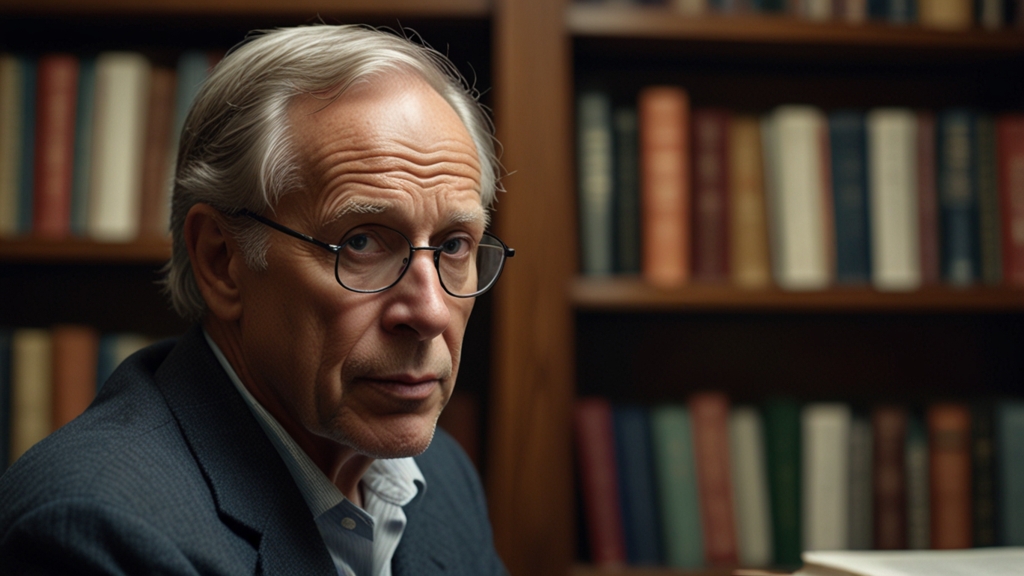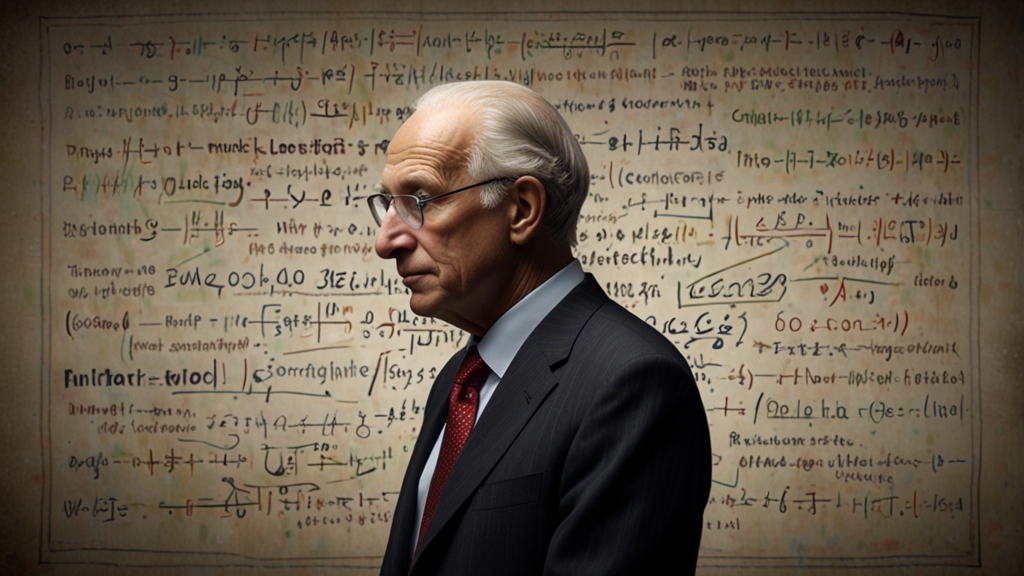The Darker Side of Mother Teresa: An Investigation
Mother Teresa, revered worldwide for her humanitarian efforts and beatified as a saint, remains an icon of selflessness and compassion. However, beneath this glowing reputation lies a more complicated narrative that raises questions about her methods, motivations, and the true impact of her work. This investigation delves into the darker side of Mother Teresa, revealing aspects of her life and mission that are seldom discussed.
Questionable Medical Practices
One of the most significant criticisms of Mother Teresa revolves around the medical care provided in her Missionaries of Charity facilities. Numerous former volunteers and even some of the patients have reported substandard conditions that more closely resembled places of suffering than havens of healing. Basic medical care was often neglected, leading to unnecessary pain and even death in some cases. There was a stark contrast between the millions of dollars in donations her organization received and the primitive conditions in which the sick and dying were kept.
These troubling accounts lead to an essential question: were these conditions a result of insufficient funds, or a deliberate philosophical stance? Mother Teresa believed that suffering brought people closer to Christ, but her critics argue that this religious viewpoint might have contributed to neglect and lack of proper medical intervention.
"There is something beautiful in seeing the poor accept their lot, to suffer it like Christ's Passion. The world gains much from their suffering," Mother Teresa once remarked. This sentiment has been interpreted by critics as an endorsement of suffering rather than alleviation.
Financial Transparency and Accountability
Another contentious aspect of Mother Teresa’s legacy is the financial opacity surrounding her charitable organization. Despite receiving enormous sums from donations globally, the Missionaries of Charity faced scrutiny over their financial practices. Critics argue that the funds were not sufficiently allocated to improve the lives of the poor and sick. Instead, significant amounts were reportedly transferred to Vatican bank accounts, raising ethical and legal questions about the use of donations.
The lack of proper transparency and accountability has tarnished the reputation of her charity work in the eyes of some. This issue revolves around the fundamental question of whether the funds were used in alignment with donors' intentions.
Conversion Controversies
Another critical point of contention is Mother Teresa’s approach to religious conversion. Her mission was, at its core, a Christian one, and she did not shy away from proselytizing. While converting people to Christianity is not inherently problematic, the methods and context in which these conversions took place have drawn criticism. Many argue that her focus on conversion oversaw basic humanitarianism, sometimes pressuring vulnerable individuals to accept Christianity as a token for aid.
This controversial approach prompted debates about the ethical boundaries of religious missions, particularly in areas rich with cultural and religious diversity. Was her primary aim to provide humanitarian aid, or to expand the reach of her faith?
"It was not her job to convert someone into a Christian, but to provide love and care to people. But it felt like sometimes she mixed these two roles," said Susan Shields, a former member of the Missionaries of Charity.
The Hero or the Myth?
Mother Teresa's life and work continue to be the subject of heated debates. While her contributions to humanity cannot be entirely discounted, it is crucial to examine the full scope of her actions and motivations. The darker sides illuminated by various investigations challenge us to think critically about the true nature of altruism and the ethical dimensions of charitable work.
In conclusion, while Mother Teresa’s legacy as a saintly caregiver to the poor persists, her story serves as a complex case study of the intersection between faith, charity, and ethics. Examining these dimensions does not diminish the good she may have done but rather encourages a more nuanced understanding of what it means to serve humanity.










